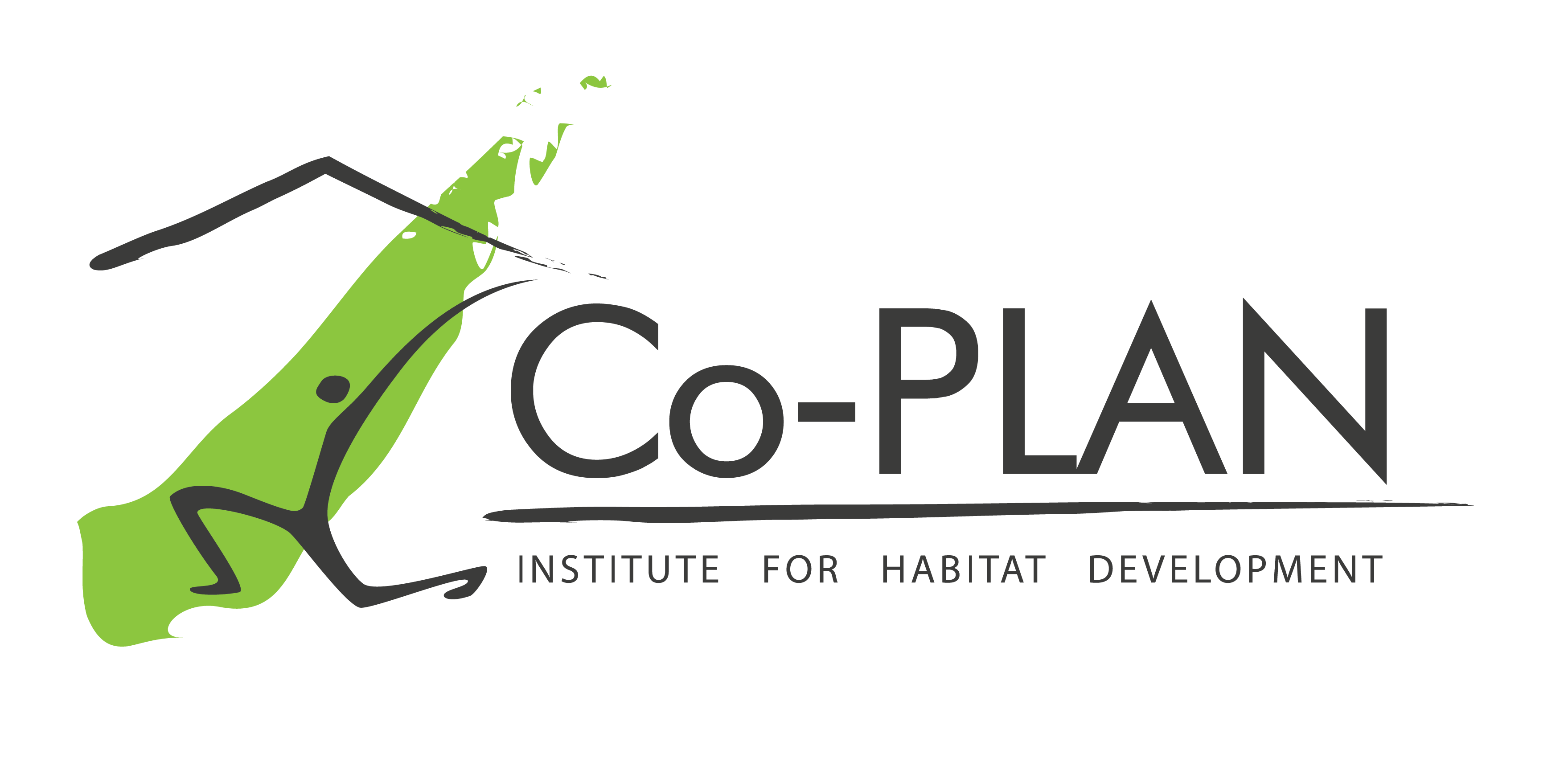RDP Wraps Up its Activities
Mr. Çuçi praised the program for its contribution in the ongoing territorial reform process, particularly focusing on the role Co-PLAN has played through its continuous assistance on matters of regionalisation and second-tier governance.
“The Regional Development Programme successfully anticipated and supported the initial process of the Territorial and Administrative Reform by the Government of Albania”, said Swiss Ambassador H.E. Christoph Graf during his speech. He mentioned that regional government has a special role to play in the context of an developing democracy. ”The Regional Development Programme has added value to the development of the Northern Albanian regions. It has intervened in support of Qarks and has established fruitful cooperation mechanisms with relevant regional stakeholders”, continued the Ambassador while also stressing that further strengthening of the regional government tier is expected through the new Territorial and Administrative Reform.
Whereas the Austrian Ambassador, H.E. Thomas Schnöll highlighted the importance of the regionalisation process in Albania and the possibility to learn more from the Austrian experience in this regard.
During the conference the sub-regional development scenarios of Shkodër and Lezhë were presented together with a showcase of 29 pilot projects implemented in these two Qarks. Programme representatives and experts also presented aspects of regionalisation and the role of Qarks in regional development. One particularly relevant topic covered was the strategies and models that regional development in Albania can pursue.
The Regional Development Programme focused on strengthening Qarks and regional cooperation in Shkodër and Lezhë. Its main task was to support and strengthen regional institutions to steer integrated regional development, particularly in disadvantaged areas, and to intensify the partnership approach by encouraging the collaboration among LGUs and with NGOs and the private sector. For regional development to function there needs to be cooperation and coordination between local government units and all actors involved as many problems cannot be solved within the boundaries of a single municipality, and moreover decisions made by one municipality can have adverse effects on other municipalities.
One core feature of the Programme was the implementation of a 2 million Euro fund that went to 29 projects in Shkodër and Lezhë contributing to developments in an array of sectors including tourism, infrastructure, waste management, and agribusiness. An added benefit of this fund was that regional and local government structures as well as other agencies improved their capacities to prepare, implement and monitor projects and contracts. Due to the Programme’s focus, Qarks were able to improve their strategic planning and budgeting capacities. In this context, the concept of formulating area-based, sub-regional development was introduced.
